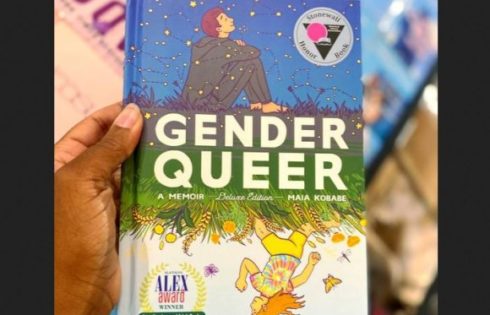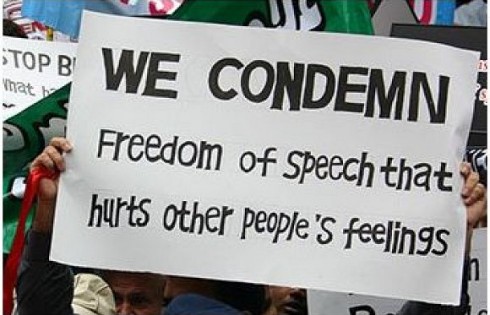
‘Some universities appear to have found ways around the law,’ conservative advocate says
Four California universities are under investigation by the U.S. Department of Justice for allegedly considering race in their admissions processes. The schools include Stanford University and University of California locations at Berkeley, Los Angeles, and Irvine.
A policy expert and conservative nonprofit leader told The College Fix the investigations are needed as these schools are creating a “system of reverse discrimination.”
The 2023 Students for Fair Admissions v. Harvard Supreme Court ruling prohibits the use of race-based affirmative action in admissions, and the department “is demanding compliance,” a recent DOJ news release announcing the investigations states.
President Donald Trump’s administration is committed to ending race-based admissions, Attorney General Pam Bondi stated in the news release.
“President Trump and I are dedicated to ending illegal discrimination and restoring merit-based opportunity across the country. Every student in America deserves to be judged solely based on their hard work, intellect, and character, not the color of their skin,” she stated.
Similarly, Acting Associate Attorney General Chad Mizelle stated, “Every college and university should know that illegal discrimination in admissions will be investigated and eliminated.”
Greg Burt, vice president of the California Family Council, commended the DOJ’s investigations in an email to The Fix.
He said they could “help restore fairness, reestablish a culture of merit, and refocus our academic institutions on their true mission: education, not social engineering.”
“Some universities appear to have found ways around the law. The DOJ’s investigations could finally bring accountability to what many families believe is an ongoing circumvention of the will of the people,” Burt said.
Further, he criticized “diversity, equity, and inclusion” policies for causing division. “Instead of fostering genuine equality, these policies tend to create a system of reverse discrimination, dividing students along racial lines and fostering resentment rather than unity,” he told The Fix.
Additionally, Burt said racial preferences “often result in unfair treatment, stereotyping, and a distortion of justice.”
“Every student deserves to compete on a level playing field,” Burt said. “Every student should be evaluated based on their individual merit, character, and achievements—not on the color of their skin.”
He concluded with a broader moral argument, saying, “We must recommit to the principle that all are created equal, as the Bible and our Declaration of Independence affirm. Race-conscious policies risk undermining this ideal and fostering a new caste system based on grievances and quotas.”
However, a UC spokesperson told The Fix via email the school is in compliance with the law.
“Since Proposition 209 banned California’s public institutions from considering race in admissions, UC has implemented admissions practices to comply with it. At the same time, we remain committed to expanding access for all qualified students,” the spokesperson said.
“The UC undergraduate admissions application collects students’ race and ethnicity for statistical purposes only. This information is not shared with application reviewers and is not used for admissions,” the spokesperson said.
The president of the National Association for College Admission Counseling expressed concerns about the investigations.
The probes could be “extremely disruptive” and universities do not know exactly what they entail, Angel Perez told Inside Higher Ed. He also said admissions officers and deans expect this to be an “extremely expensive” process.
“There are some institutions that, you know, may not survive a compliance review given the legal costs,” he said.
Inside Higher Ed also reported that last fall, Berkeley, UCLA, and Irvine saw increases in black and Hispanic student enrollment for the Class of 2028, with “underrepresented students of color” making up 45 percent of UC system enrollees. This is a 1.2 percent rise from 2023 and the highest ever recorded for the system.
In contrast, Stanford University showed a decline in minority student admissions, with a 50 percent decrease in black enrollment and a 14.4 percent decrease in Hispanic enrollment. White and Asian admissions increased by 14.5 percent and 10 percent, respectively.
MORE: Trump admin launches probes into 45 colleges for ‘race-exclusionary practices’
IMAGE CAPTION AND CREDIT: Royce Hall on the campus of UCLA; Ken_Wolter/Shutterstock
Like The College Fix on Facebook / Follow us on Twitter






Please join the conversation about our stories on Facebook, Twitter, Instagram, Reddit, MeWe, Rumble, Gab, Minds and Gettr.